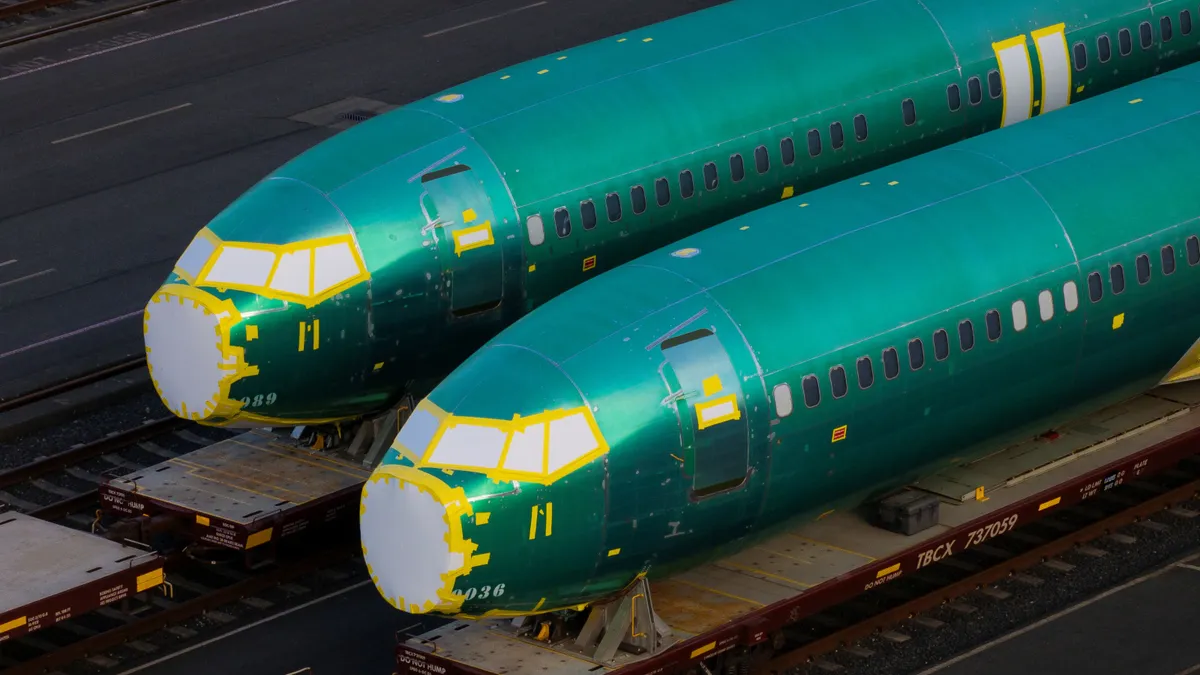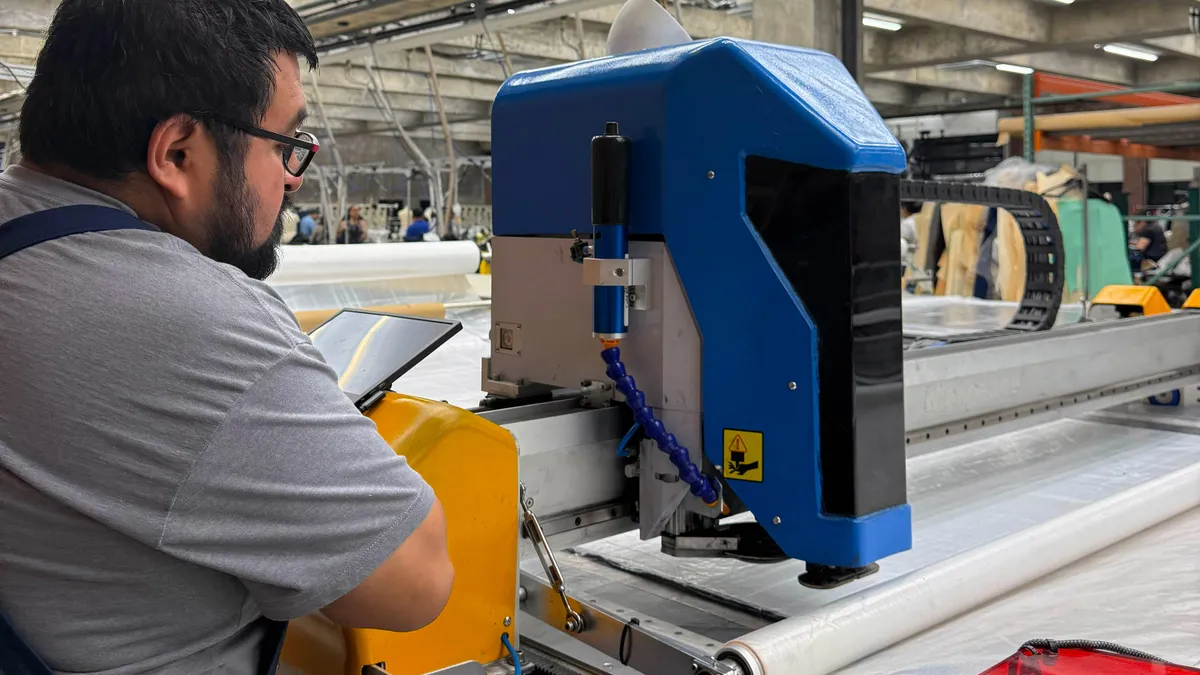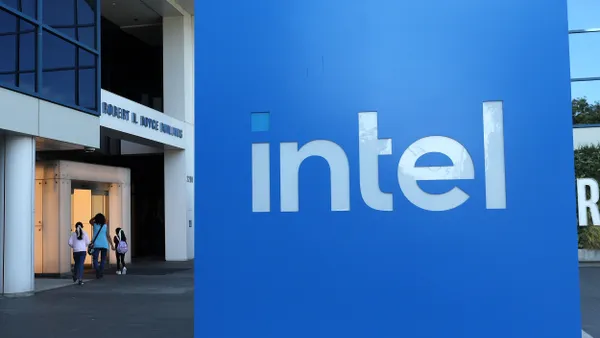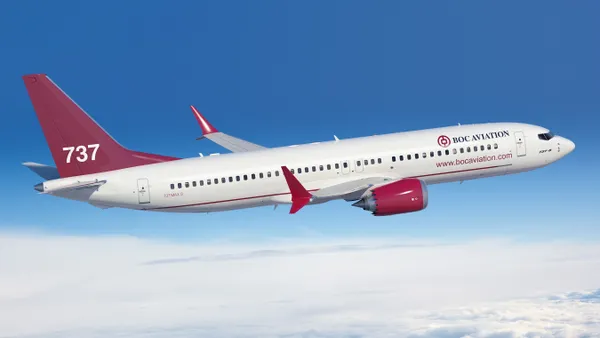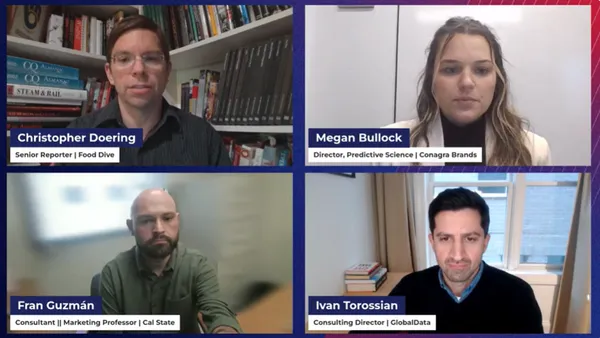After 53 days, the strike at Boeing’s West Coast facilities ended last night.
Nearly 60% of International Association of Machinists and Aerospace Workers’ District 751 and W24 voted Monday to accept a new four-year contract with Boeing, IAM District 751 President Jon Holden said in his remarks to the union. More than 26,000 union members participated in the vote.
Workers will return to work Nov. 6 and have until Nov. 12 to report to work, according to the strike settlement agreement.
“This was a hard-fought strike. There was tough, hard bargaining on both sides. Our members voted to strike, withhold their labor, and they stood strong. They stood together,” Holden said during a press conference. “Tonight, they secured a victory. The strike will end, and now it's our job to get back to work and start building the airplanes, increase the rates and bring this company back to financial success.”
The voting results come after Boeing CEO and President Kelly Ortberg gave the union’s negotiating team an ultimatum, The Seattle Times reported Friday. Ortberg told IAM that if the 33,000 union workers rejected the revised deal, the next offer will be regressive, meaning “anything’s on the table,” Holden said in an interview with The Seattle Times.
Ortberg sent a message to employees Tuesday morning saying the company was pleased with the ratified agreement.
“While the past few months have been difficult for all of us, we are all part of the same team,” Ortberg said. “We will only move forward by listening and working together. There is much work ahead to return to the excellence that made Boeing an iconic company.”
Negotiations grew tense throughout the strike. Acting Labor Secretary Julie Su stepped in last month to facilitate Boeing and IAM’s talks, which brought them to the latest four-year offer.
The new deal includes a 38% wage increase and a $12,000 ratification bonus. The ratification bonus is a combination of the previous $7,000 bonus offer and the $5,000 lump sum into workers’ 401(k)s, the union said on its website.
The strike halted much of the production at Boeing’s factories in Puget Sound, Washington, and Portland, Oregon. The facilities primarily support production for Boeing’s commercial airplanes and defense, space and security programs, including the 737 Max.
The work stoppage significantly hurt Boeing’s finances, costing the company between $50 million and $150 million a day, according to aerospace consulting firm Leeham News and Analysis.
As of Oct. 28, the nearly seven-week strike cost the company and its suppliers nearly $9.7 billion, according to an analysis from consulting firm Anderson Economic Group.
President Joe Biden congratulated the union and Boeing on reaching an agreement Tuesday morning.
“Over the last four years, we’ve shown collective bargaining works,” Biden said in a statement. “Good contracts benefit workers, businesses, and consumers — and are key to growing the American economy from the middle out and the bottom up.
While the new deal will bring Boeing union workers back to work at its commercial airplane facilities, the company is not yet done negotiating with IAM.
The aircraft maker will return to the negotiating table early next year to meet with IAM District Lodge 837 in the St. Louis, Missouri, area before their contract expires on July 27, 2025. The facilities there assemble fighter jets such as the F-15 and the MQ-25 Stingray aerial refueler under its defense segment.



